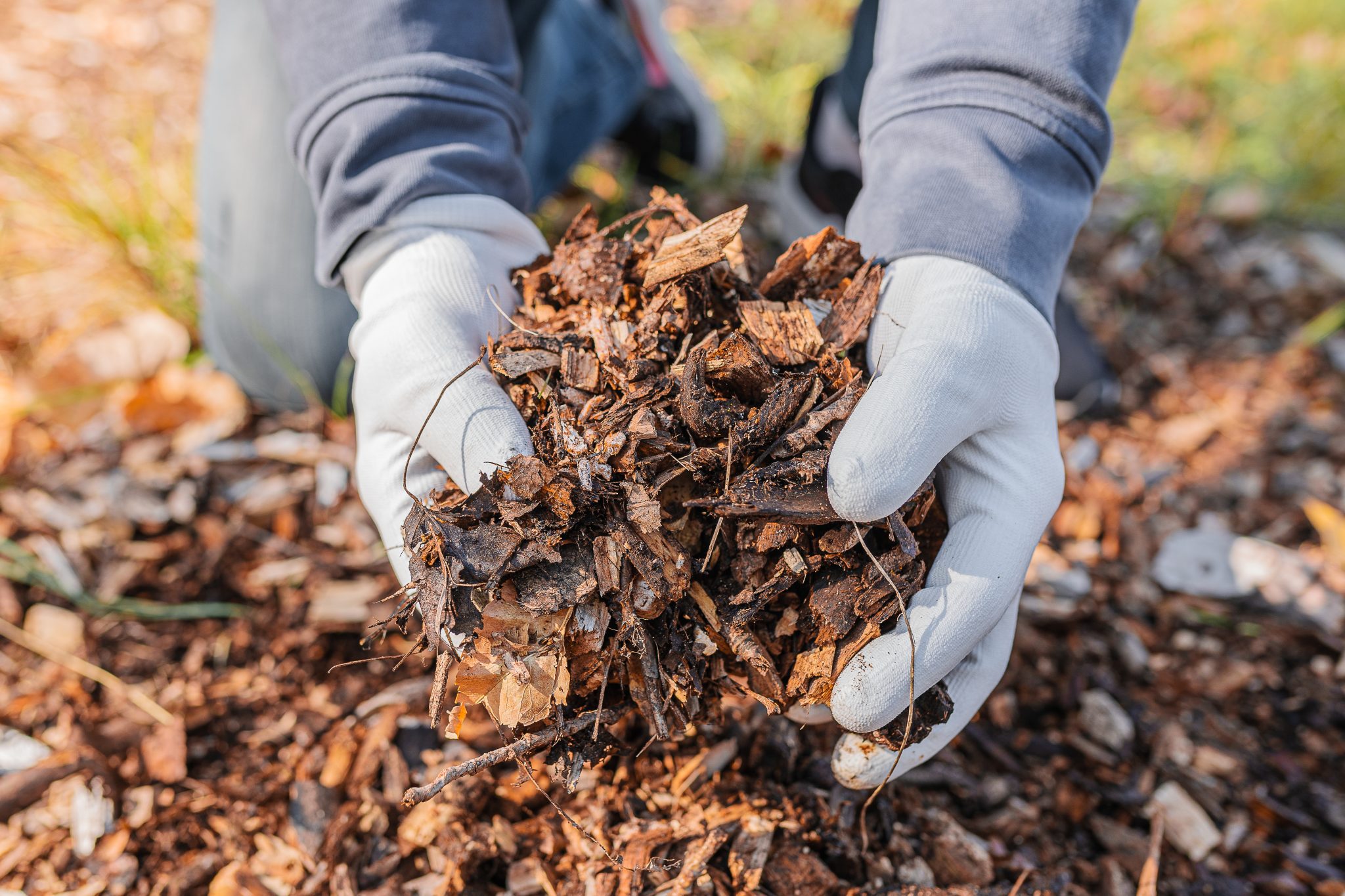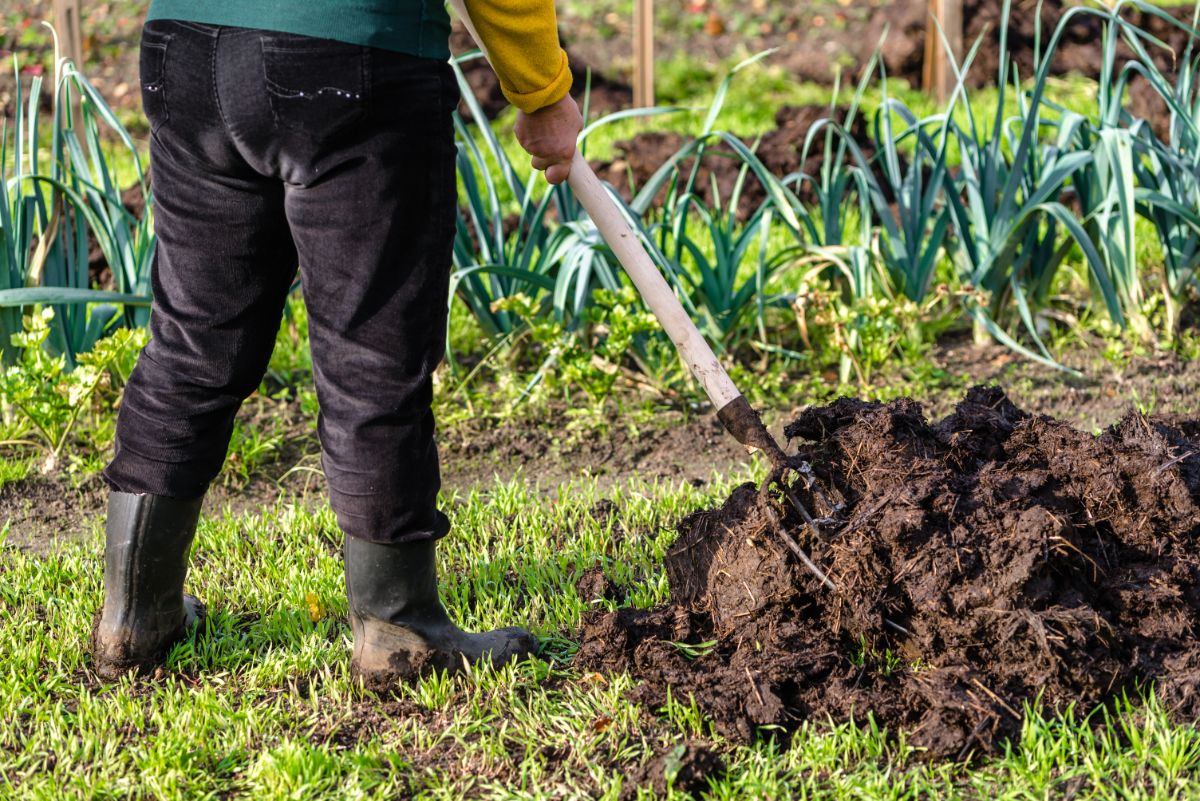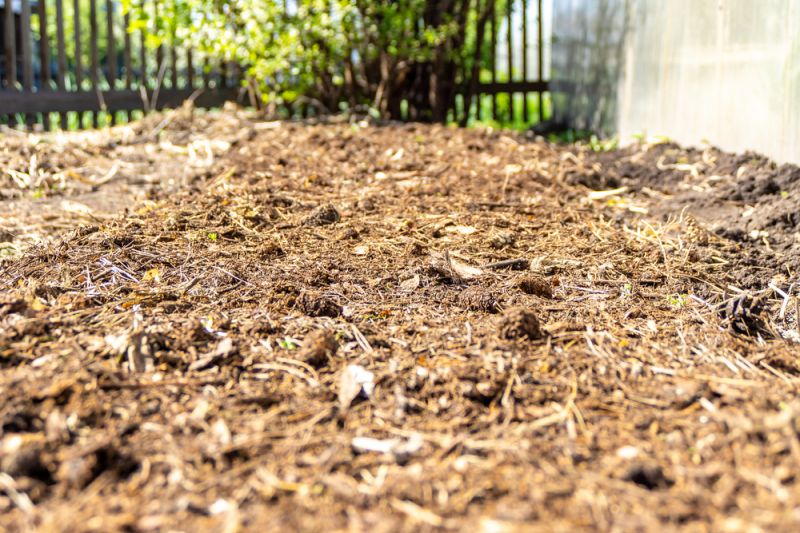Well Rotted Manure: The Secret To Growing Amazing Plants
Title: Well Rotted Manure: The Secret to Growing Amazing Plants
Introduction:
Gardeners have been using manure for centuries to improve the health and productivity of their soil. Well-rotted manure is a rich source of nutrients, including nitrogen, phosphorus, potassium, and other trace minerals. It also helps to improve soil structure, drainage, and water retention. As a result, plants that are grown in manure-enriched soil are typically healthier, more vigorous, and more productive.
In this blog post, we will discuss the benefits of using well-rotted manure in the garden. We will also provide some tips on how to choose, store, and apply manure.
Benefits of Well-Rotted Manure:
- Improves soil health: Manure is a natural fertilizer that helps to improve the health of your soil. It does this by adding organic matter to the soil, which helps to improve drainage, water retention, and aeration. Healthy soil is better able to support the growth of beneficial microorganisms, which help to break down organic matter and release nutrients to plants.
- Increases plant growth: Well-rotted manure provides plants with the nutrients they need to grow strong and healthy. It is especially high in nitrogen, which is essential for plant growth. Manure also contains other important nutrients, such as phosphorus, potassium, and trace minerals.
- Improves crop yields: Studies have shown that plants grown in manure-enriched soil typically have higher yields than plants grown in unfertilized soil. This is because manure provides plants with the nutrients they need to grow larger and produce more fruit or vegetables.
- Attracts beneficial insects: Manure attracts beneficial insects, such as ladybugs, lacewings, and spiders. These insects help to control pests, such as aphids and caterpillars.
- Reduces the need for chemical fertilizers: Manure can help to reduce the need for chemical fertilizers. This is because it provides plants with the nutrients they need, so you may not need to add as much fertilizer.
How to Choose Well-Rotted Manure:
When choosing manure, it is important to choose well-rotted manure. Fresh manure can contain harmful bacteria and weed seeds. Well-rotted manure is dark brown or black in color, and it has a crumbly texture. It should not have a strong ammonia smell.
How to Store Manure:
If you are not going to use manure right away, you can store it in a pile or in a bin. If you store it in a pile, make sure to turn it regularly to help it decompose. If you store it in a bin, make sure to aerate it regularly.
How to Apply Manure:
The best time to apply manure is in the fall or early spring. This will give the manure time to break down before planting. You can apply manure to the soil by broadcasting it, or you can incorporate it into the soil by digging or tilling.
Conclusion:
Well-rotted manure is a valuable asset for any gardener. It is a natural fertilizer that can help to improve the health and productivity of your soil. If you are looking for a way to improve your garden, consider using well-rotted manure.
Well rotted manure is a great way to improve your garden soil. It is rich in nutrients and helps to improve drainage and aeration. However, it is important to use well rotted manure, as fresh manure can contain harmful bacteria.
To learn more about well rotted manure, visit Garden Wiki. This website provides comprehensive information about the benefits of well rotted manure, how to use it, and where to find it.
FAQ of well rotted manure
What is well rotted manure?
Well rotted manure is manure that has been composted for a period of time, typically several months to a year. During this time, the organic matter in the manure breaks down, and the manure becomes dark, crumbly, and odorless. Well rotted manure is a valuable soil amendment that can improve the fertility and drainage of soil, and it can also help to suppress weeds and pests.
What are the benefits of using well rotted manure?
Well rotted manure has many benefits for plants, including:
- Improving soil fertility: Well rotted manure adds essential nutrients to the soil, such as nitrogen, phosphorus, and potassium. These nutrients are essential for plant growth and development.
- Improving soil drainage: Well rotted manure helps to improve the drainage of soil, which can help to prevent waterlogging and root rot.
- Suppressing weeds and pests: Well rotted manure can help to suppress weeds and pests by releasing beneficial microbes into the soil. These microbes can compete with weeds for nutrients, and they can also produce compounds that are toxic to pests.
How do I use well rotted manure?
Well rotted manure can be used in a variety of ways, including:
- Adding it to the soil as a soil amendment: Well rotted manure can be added to the soil at a rate of 1-2 cubic yards per 1,000 square feet.
- Mixing it with compost: Well rotted manure can be mixed with compost to create a nutrient-rich growing medium for plants.
- Using it as a mulch: Well rotted manure can be used as a mulch around plants to help suppress weeds and retain moisture.
How long does it take for manure to be ready?
The time it takes for manure to be ready depends on a number of factors, including the type of manure, the amount of moisture, and the temperature. In general, manure will be ready to use in 6-12 months. However, if you want to speed up the process, you can turn the manure regularly and add some compost accelerator.
Where can I get well rotted manure?
Well rotted manure can be purchased from a number of sources, including garden centers, farm supply stores, and online retailers. You can also find well rotted manure from local farms.
Is well rotted manure safe to use?
Well rotted manure is safe to use, but it is important to make sure that it is properly composted. Improperly composted manure can contain harmful bacteria and parasites.
Image of well rotted manure
- A pile of well rotted manure in a garden.

- A close-up of a piece of well rotted manure.

- A handful of well rotted manure.

- A shovelful of well rotted manure being spread in a garden.

- A wheelbarrow full of well rotted manure.

- A pile of well rotted manure being turned with a pitchfork.

- A pile of well rotted manure being composted with other organic materials.

- A pile of well rotted manure being used to fertilize a vegetable garden.

- A pile of well rotted manure being used to improve the drainage of a clay soil.

- A pile of well rotted manure being used to attract earthworms to a garden.
Post a Comment for "Well Rotted Manure: The Secret To Growing Amazing Plants"